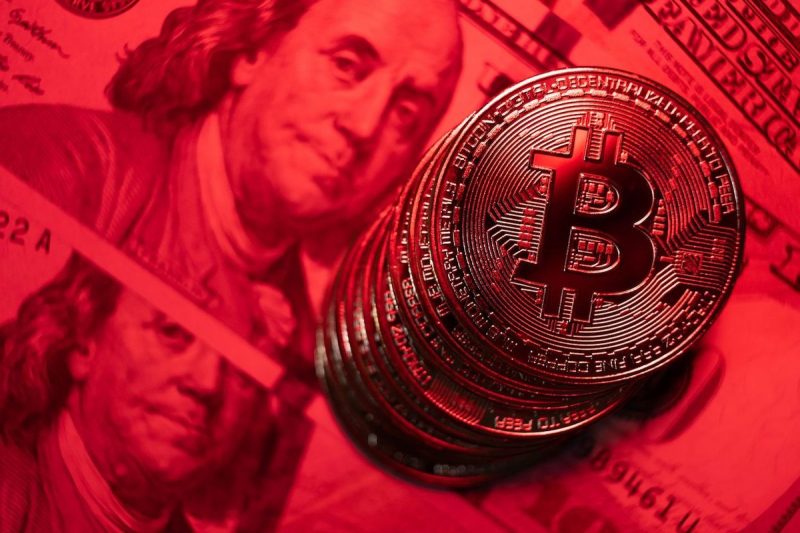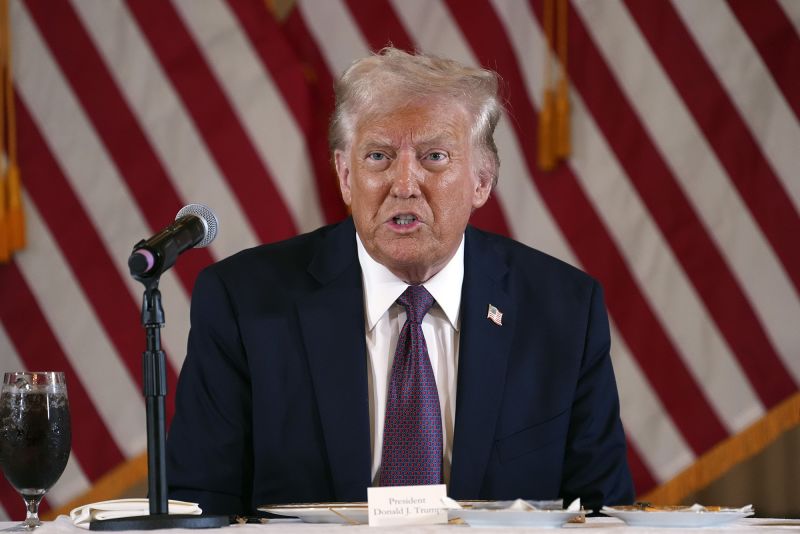5 US States Mulling Bitcoin Reserves as Trump Pushes for National Adoption
January 15, 2025
Bitcoin adoption is gaining traction as several US states propose measures to establish strategic reserves.
The trend stems from broader discussions spearheaded recently by incoming President Donald Trump and his allies, who are advocating for a federal plan to establish a strategic Bitcoin reserve.
The price of Bitcoin hit new all-time highs in 2024, sparking attention from state lawmakers interested in its potential to serve as a hedge against inflation and economic instability. Since Bitcoin surpassed the US$106,000 threshold in December, several states have put forth legislation to get exposure to the popular digital asset.
Currently, five states — Texas, Pennsylvania, Ohio, New Hampshire and North Dakota — are actively considering proposals to incorporate Bitcoin into their financial systems. Here’s an overview of the initiatives underway.
1. Texas
Texas has taken significant steps toward adopting a strategic Bitcoin reserve.
In December of last year, Republican Representative Giovanni Capriglione introduced a bill proposing the establishment of a strategic Bitcoin reserve for the state. The legislation mandates that any Bitcoin acquired must remain in cold storage for at least five years, ensuring security and long-term value retention.
The proposal also includes a mechanism that would allow Texans to donate to the state’s Bitcoin fund, building on public interest in digital asset adoption. Proponents argue that the reserve would enhance Texas’ financial stability while promoting innovation in the digital asset sector.
2. Pennsylvania
This past November, Pennsylvania lawmakers proposed a bill that would enable the state to allocate up to 10 percent of its general, emergency and state investment funds to Bitcoin. If enacted, the measure could lead to nearly US$1 billion worth of Bitcoin being added to Pennsylvania’s reserves, based on current valuations.
3. Ohio
Ohio’s legislative efforts began on December 17, when Republican Representative Derek Merrin introduced the Ohio Bitcoin Reserve Act. The new legislation would establish a Bitcoin fund within the state treasury, granting the Ohio treasurer discretion over the purchase and management of the asset.
‘Ohio must embrace technology and protect our tax revenue from erosion,” Merrin said in a tweet.
4. New Hampshire
On January 10, New Hampshire Republican Representative Keith Ammon proposed a bill aimed at diversifying the state’s holdings by allowing investment in both precious metals and digital assets.
Although Bitcoin is not explicitly mentioned in the bill, its market dominance makes it a likely candidate for inclusion.
The proposal outlines requirements for secure storage and qualified custodians. It also permits the state treasury to engage in lending or staking activities, reflecting a more expansive approach to digital asset utilization.
Ammon has underscored the importance of early adoption, saying, “The state that is last to build a Bitcoin reserve will lose. It’s urgent that states act sooner than later, and that takes some education on the part of state officials.’
5. North Dakota
North Dakota’s approach began with a resolution introduced on January 10, encouraging the state to invest a portion of its funds in digital assets and precious metals. While the resolution is less specific than formal legislation, it represents a step toward exploring Bitcoin’s potential role in the state’s treasury.
Lawmakers are expected to refine the proposal and potentially draft comprehensive legislation in the coming months.
Investor takeaway
Tim Kravchunovsky, CEO of decentralized telecommunications network Chirp, noted that these developments could have far-reaching effects in encouraging other states to follow suit.
“The increasing number of US states considering adding Bitcoin to their reserves is bound to put pressure on the states that are lagging behind on innovation,” he explained.
Kravchunovsky added that growing interest in Bitcoin among US states mirrors global trends, with countries such as Brazil and Hong Kong reportedly considering similar measures.
“Not only will this rising tide eventually push other US states to introduce their own Bitcoin bills, but we’re already seeing a sense of FOMO across the globe,” he noted.
As Trump prepares for his inauguration, investors anticipate that his administration will continue to explore policies that could integrate cryptocurrencies into federal financial systems.
Securities Disclosure: I, Giann Liguid, hold no direct investment interest in any company mentioned in this article.









